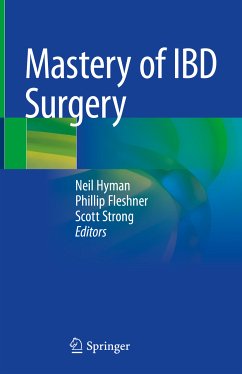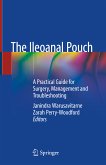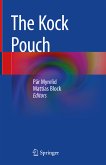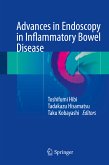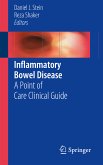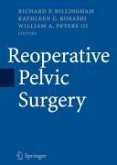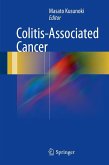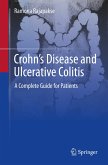Mastery of IBD Surgery sets out to cover surgical responses to inflammatory bowel disease from a multidisciplinary perspective and aims to help all surgeons and medical professionals working in this area.
This book is relevant to colorectal surgeons, gastrointestinal surgeons, and gastroenterologists.
Dieser Download kann aus rechtlichen Gründen nur mit Rechnungsadresse in A, B, BG, CY, CZ, D, DK, EW, E, FIN, F, GR, HR, H, IRL, I, LT, L, LR, M, NL, PL, P, R, S, SLO, SK ausgeliefert werden.
Hinweis: Dieser Artikel kann nur an eine deutsche Lieferadresse ausgeliefert werden.

